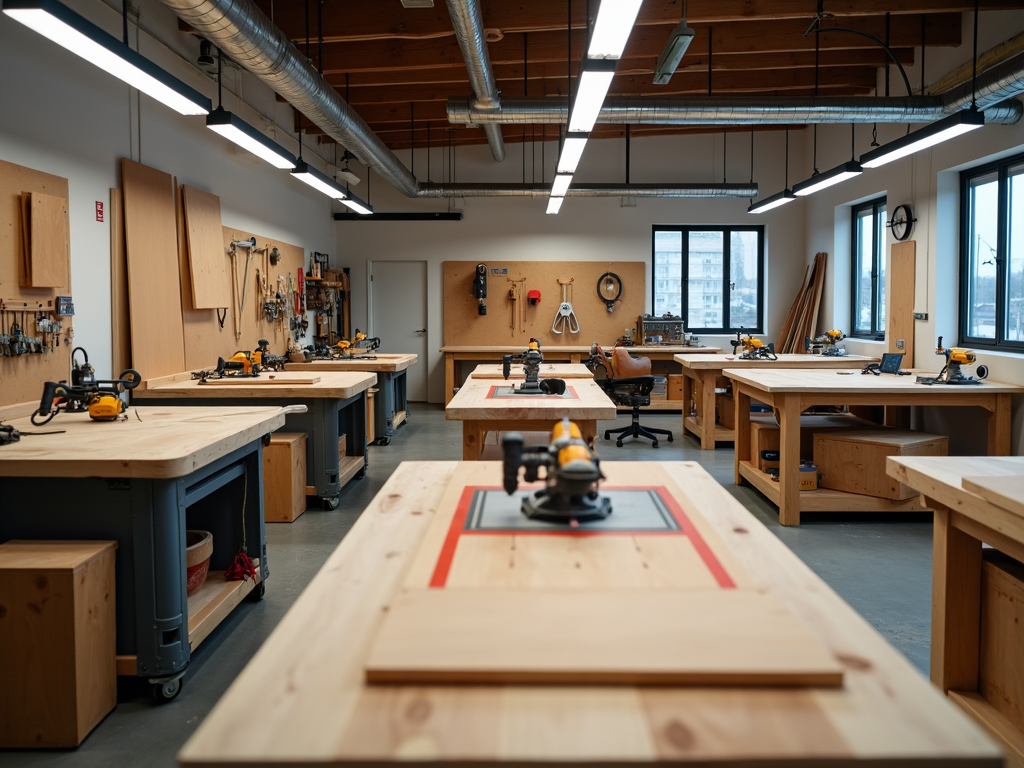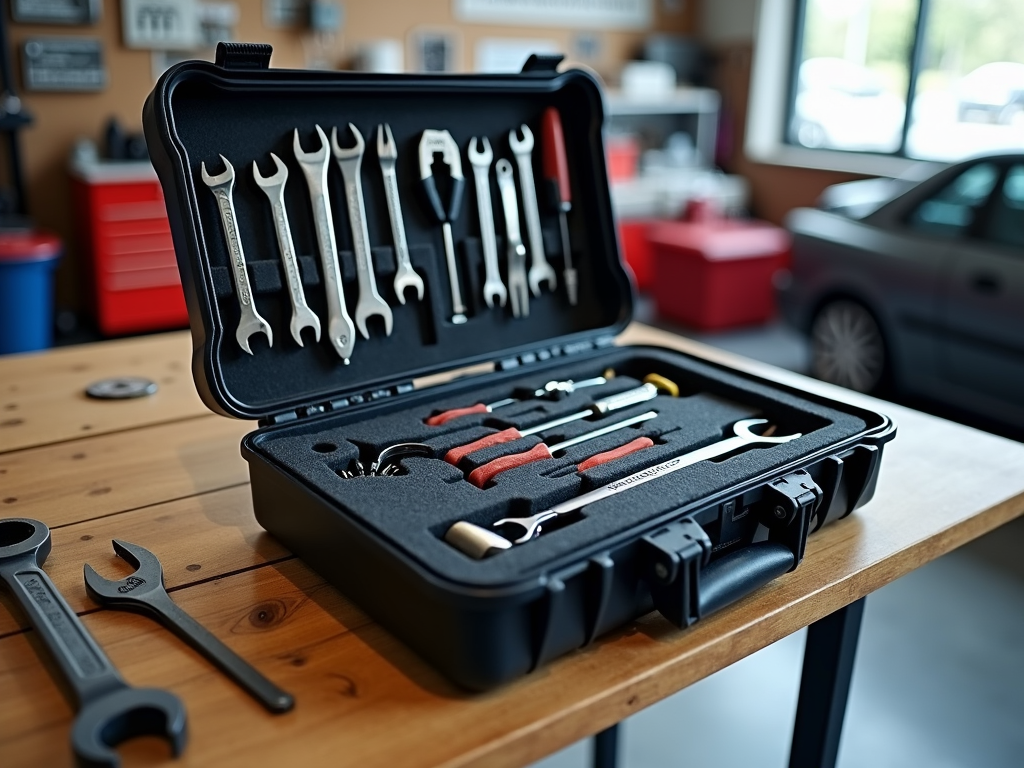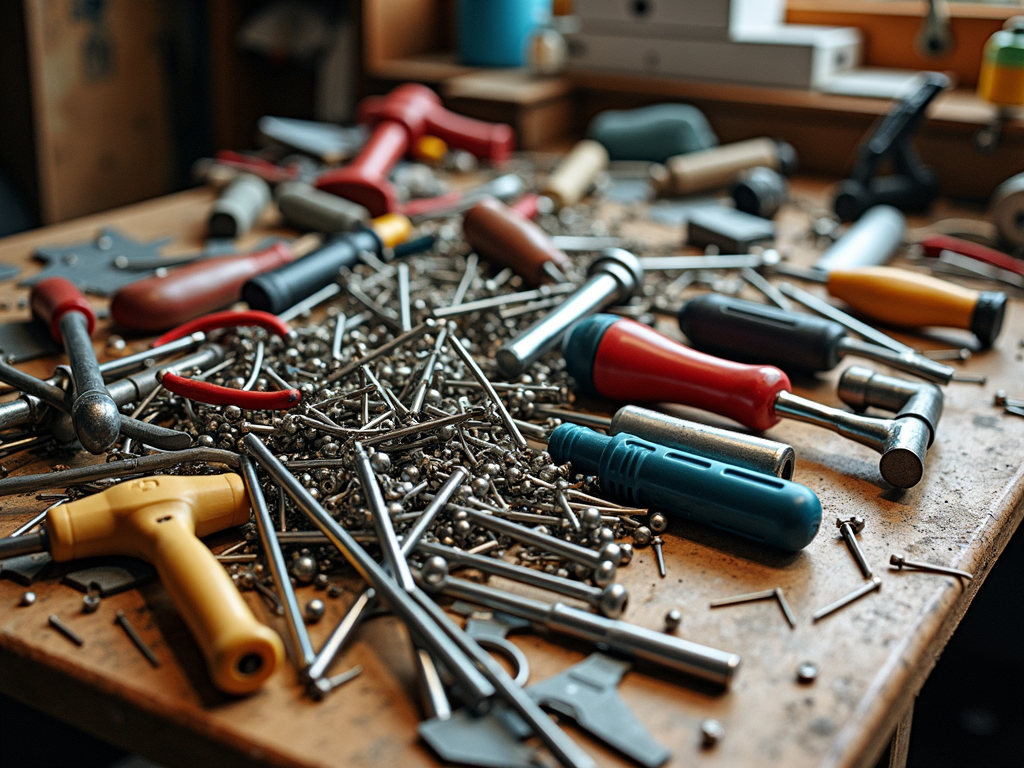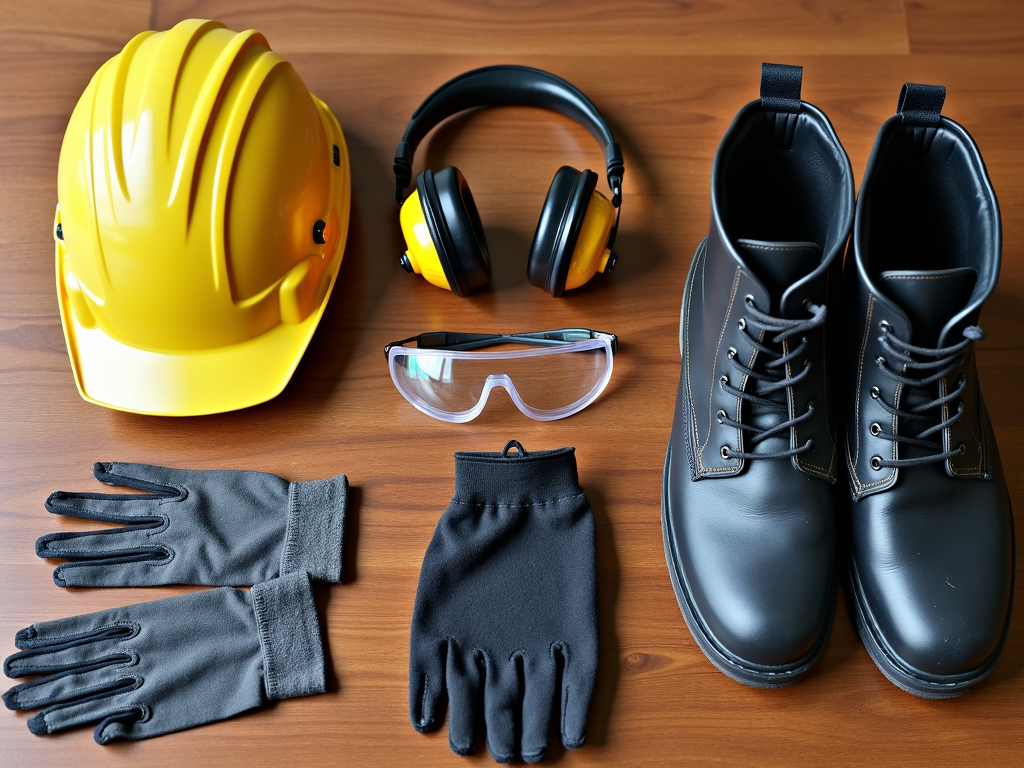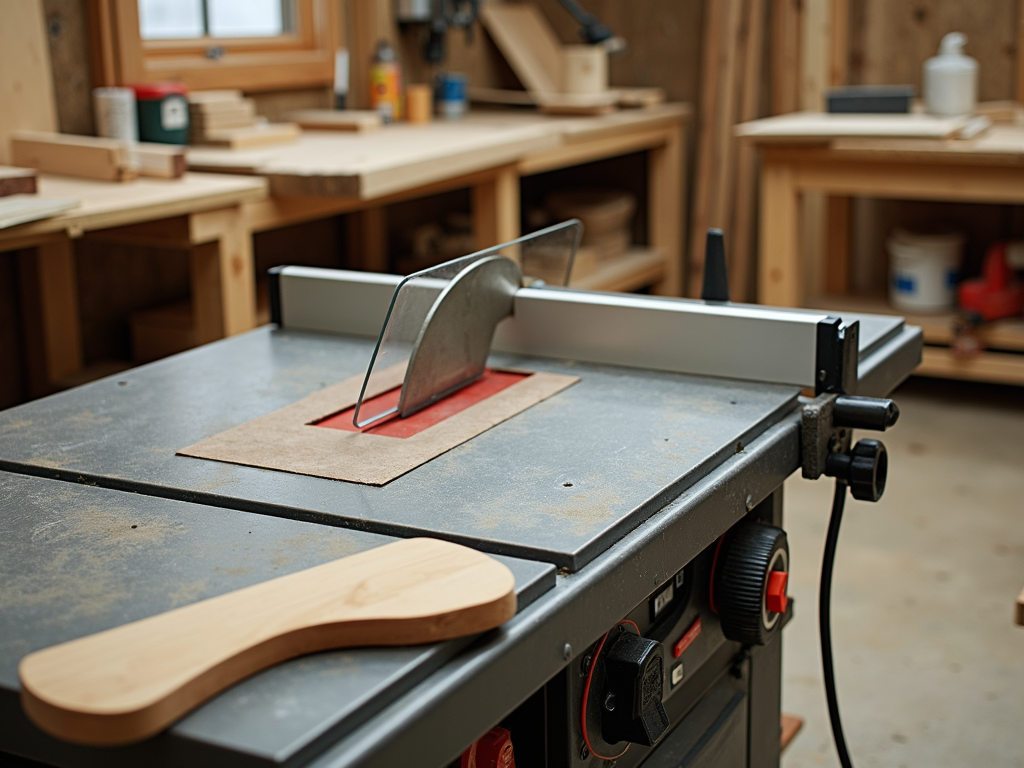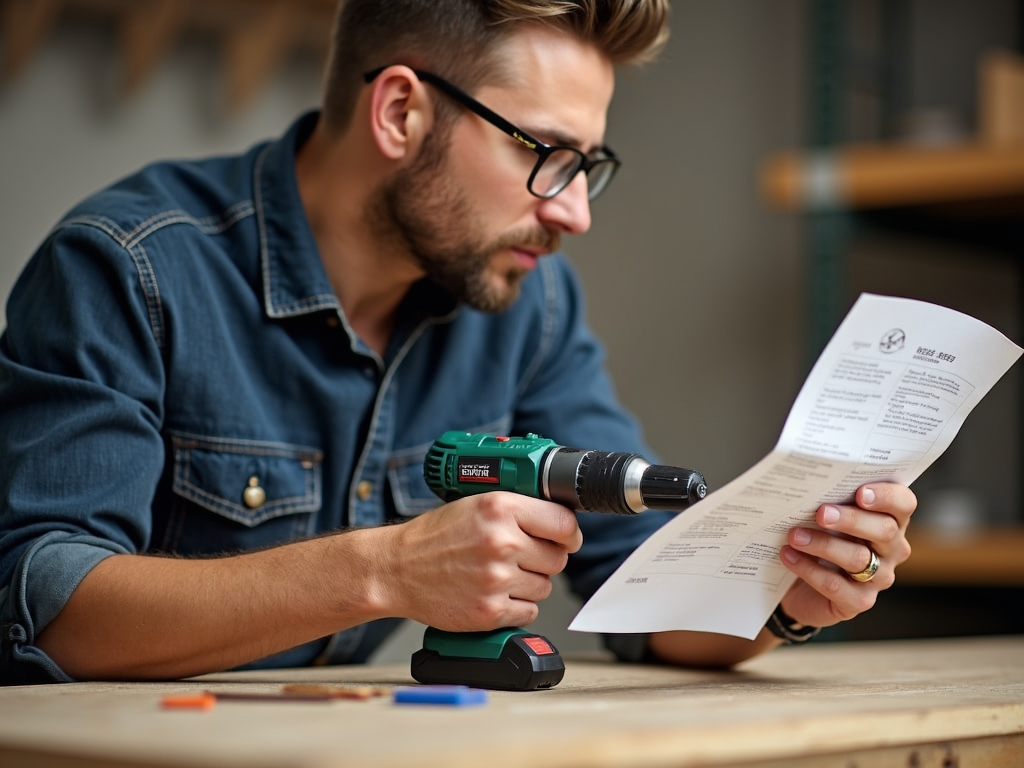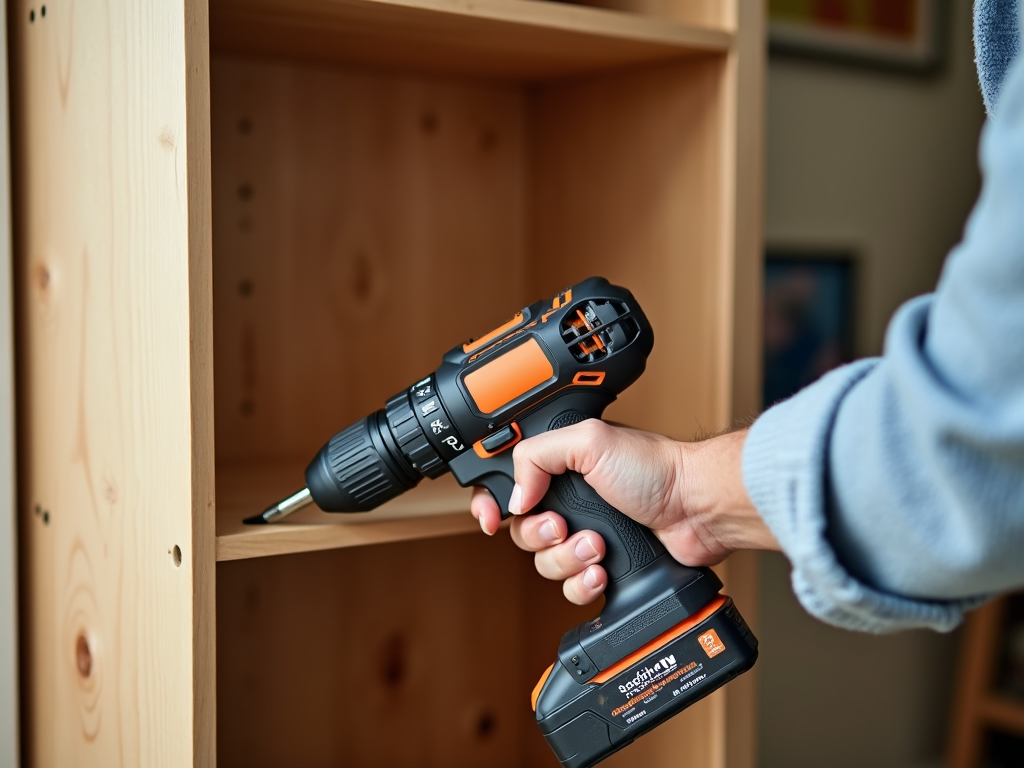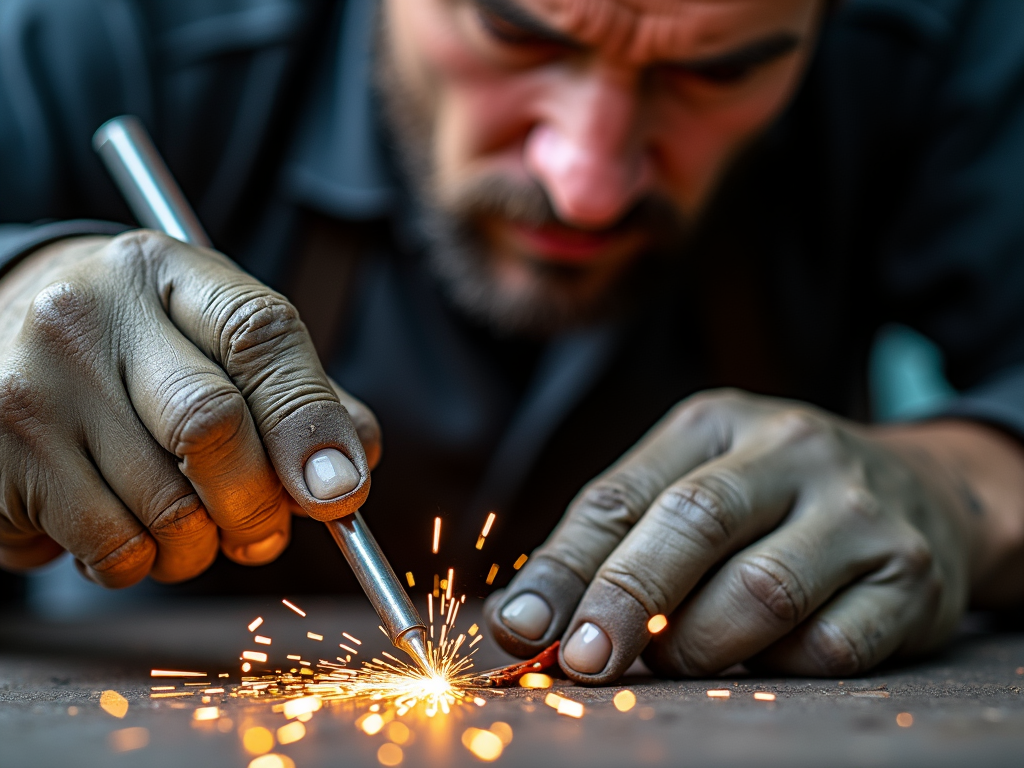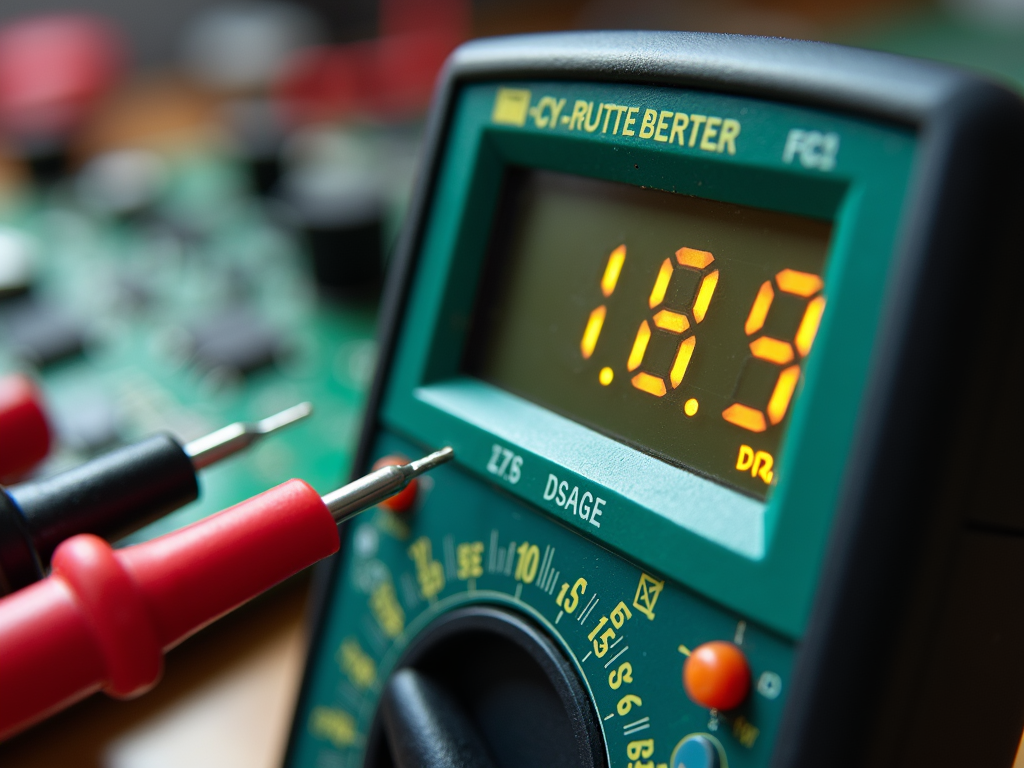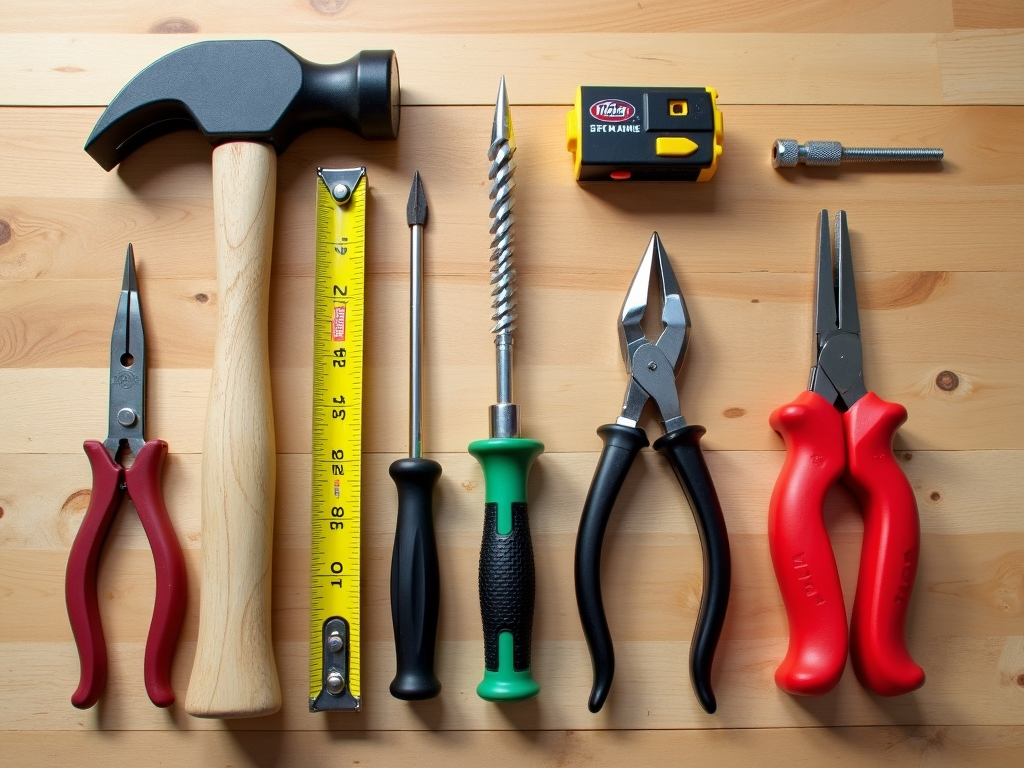Choosing the right power tools can make your home projects easier and more efficient. Whether you're a seasoned DIY enthusiast or just starting out, having the right tools can make all the difference. This guide will help you understand what tools you need and how to choose them.
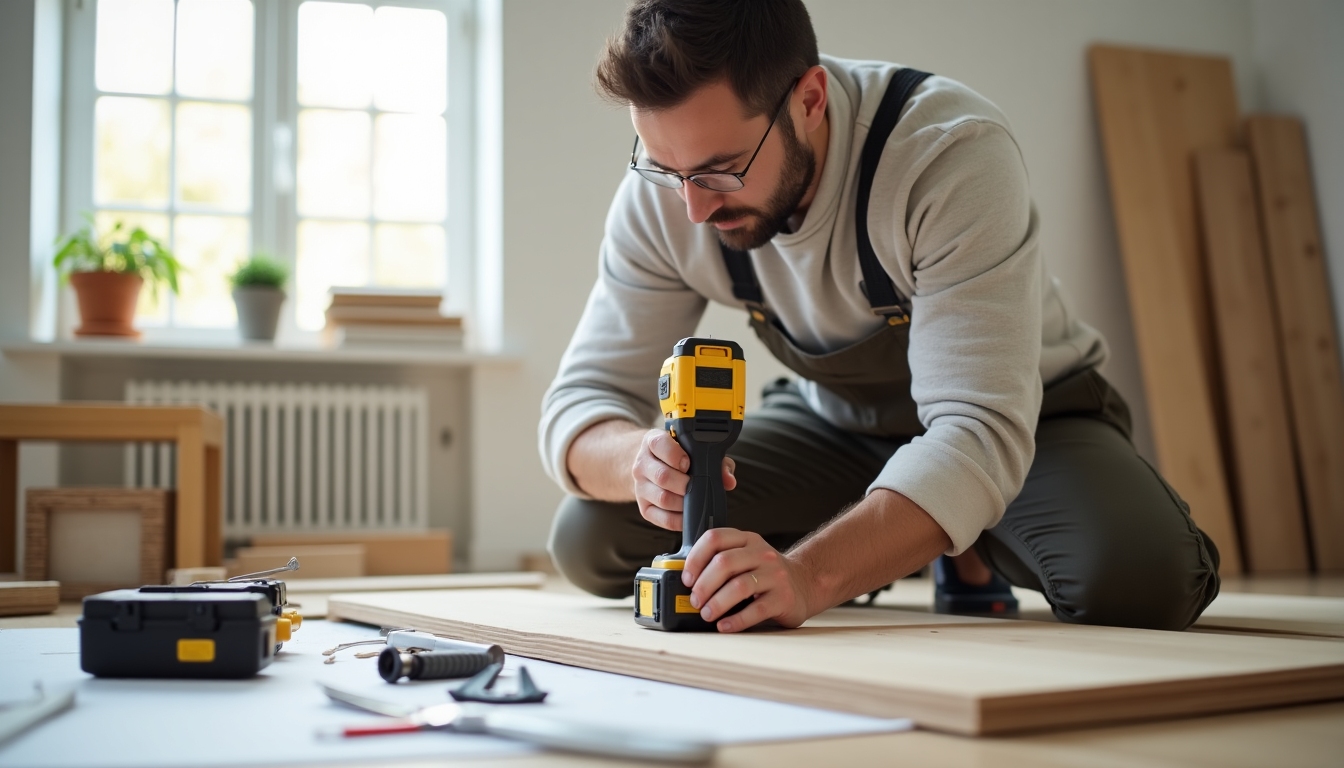
Before you start shopping for power tools, it's important to assess what projects you plan to undertake. Are you looking to do simple repairs around the house, or are you planning more complex projects like building furniture or renovating a room? The tools you need will vary depending on the scope and complexity of your projects.
For example, if you're planning to do electrical work, you'll need specific electrical tools for wiring and installations. These might include wire strippers, voltage testers, and crimping tools. On the other hand, if you're focusing on woodworking, you'll need tools like saws, drills, and sanders.
There are many different types of power tools available, each designed for specific tasks. Here are some of the most common types:
- Drills: Used for making holes in various materials. They can also be used with attachments for sanding, grinding, and more.
- Saws: There are several types of saws, including circular saws, jigsaws, and reciprocating saws, each suited for different cutting tasks.
- Sanders: Used for smoothing surfaces. They come in various forms, such as belt sanders, orbital sanders, and random orbit sanders.
- Grinders: Used for cutting, grinding, and polishing. Angle grinders are particularly versatile.
- Electrical Tools: These include tools specifically designed for electrical work, such as wire strippers, voltage testers, and crimping tools.
- Workman Tools: This is a broad category that includes a variety of tools used in construction and repair work, such as hammers, screwdrivers, and wrenches.
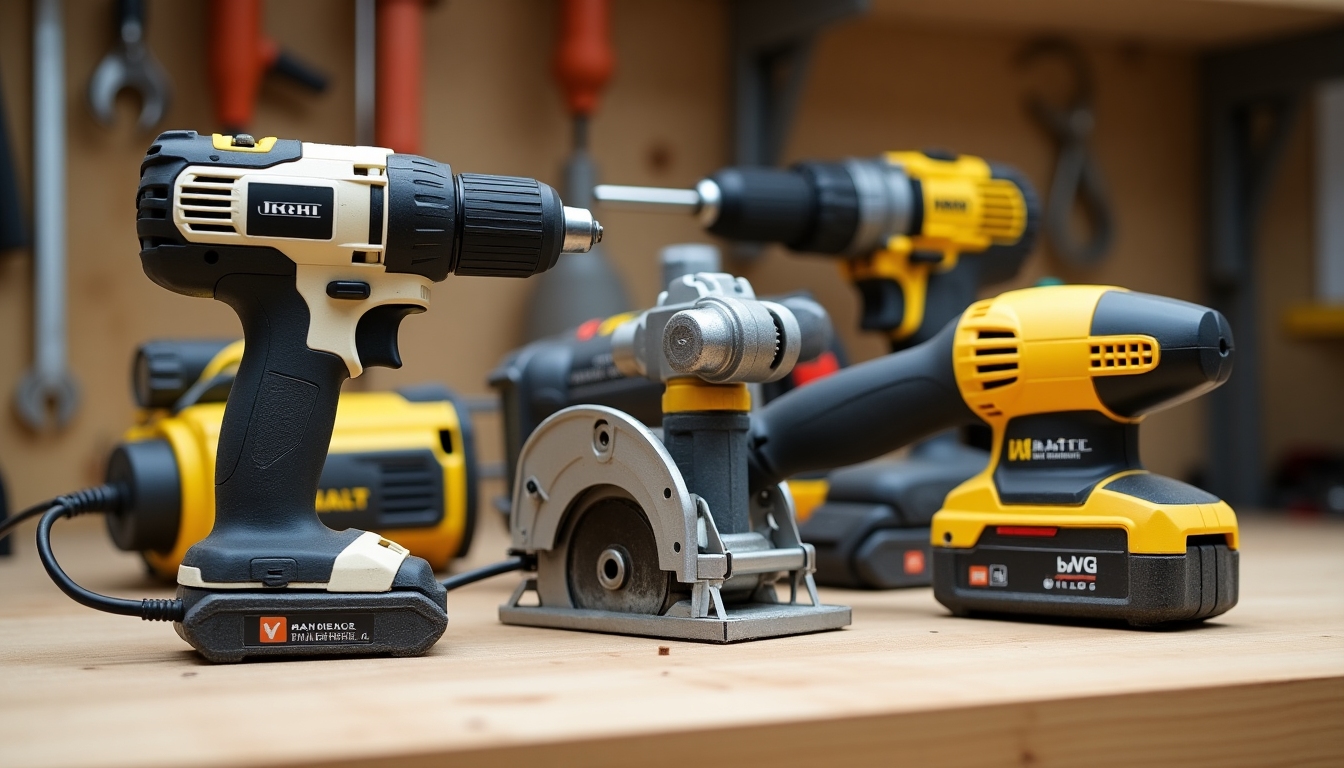
When selecting power tools, there are several factors to consider:
- Power: Make sure the tool has enough power for the tasks you plan to use it for. For example, a drill with a higher voltage will be able to handle tougher materials.
- Size and Weight: Consider the size and weight of the tool, especially if you'll be using it for extended periods. A lighter tool may be more comfortable to use.
- Features: Look for features that can make your work easier, such as variable speed settings, ergonomic handles, and built-in lights.
- Brand and Quality: Invest in reputable brands known for their quality and durability. While they may be more expensive upfront, they can save you money in the long run by lasting longer and performing better.
Safety should always be a top priority when using power tools. Here are some safety tips to keep in mind:
- Read the Manual: Always read the manufacturer's instructions and safety guidelines before using a new tool.
- Wear Protective Gear: Use appropriate safety gear, such as safety glasses, gloves, and hearing protection.
- Keep Your Workspace Clean: A clutter-free workspace can help prevent accidents.
- Use Tools Properly: Never use a tool for a purpose it wasn't designed for, and always follow proper techniques.
For more detailed safety guidelines, you can refer to the Occupational Safety and Health Administration (OSHA) website.
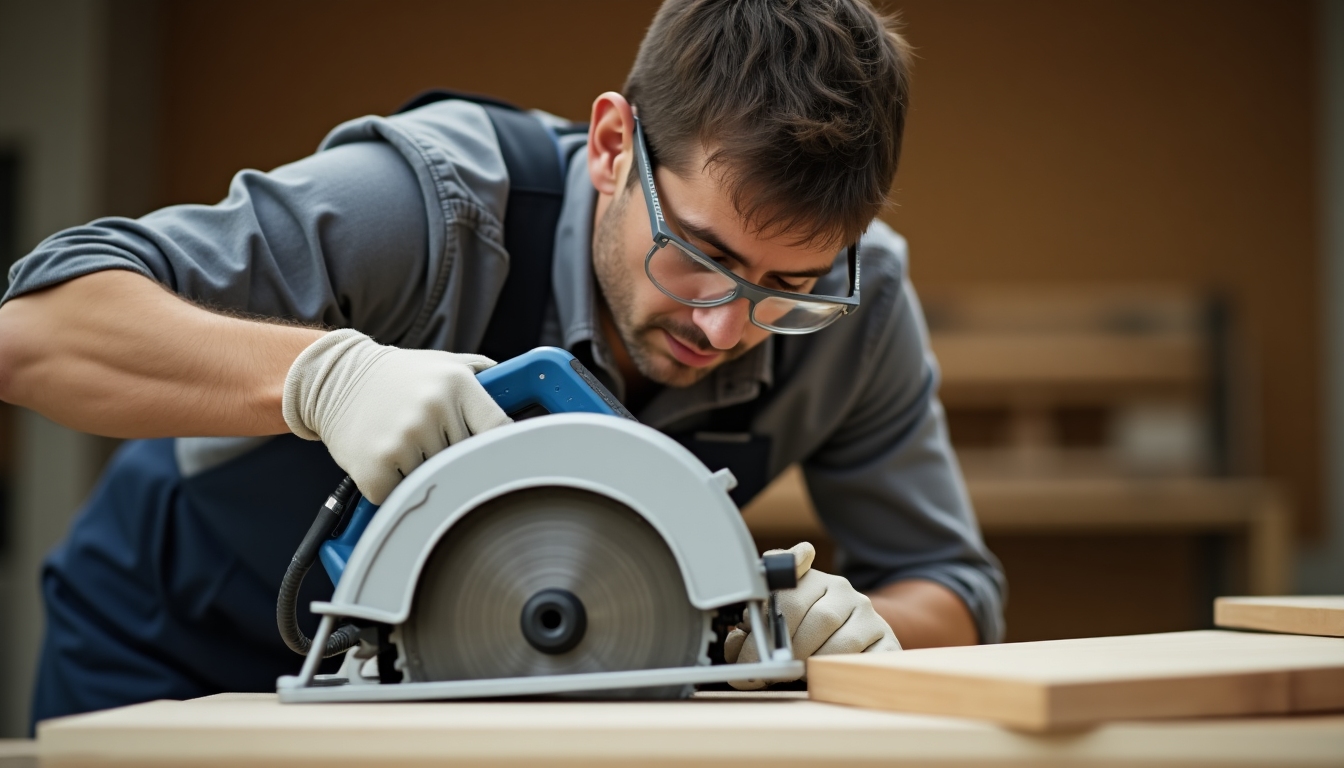
Proper maintenance and care can extend the life of your power tools. Here are some tips:
- Clean Tools After Use: Remove dust and debris from tools after each use.
- Store Tools Properly: Keep tools in a dry, secure place to prevent damage.
- Regular Inspections: Check tools regularly for signs of wear or damage, and replace parts as needed.
- Follow Manufacturer's Guidelines: Adhere to the manufacturer's recommendations for maintenance and care.
Choosing the best power tools for your home projects involves understanding your needs, knowing the different types of tools available, and considering factors like power, size, and features. By following the tips in this guide, you can select the right tools for your projects and ensure they last for years to come.
Related Choosing the Best Power Tools for Home Projects:
- Advanced Safety Techniques for Experienced Metalworkers
- Innovative Workman Tools in 2024: A Game Changer for Workshops
- Tool Maintenance Tips for Mechanics: Keeping Your Tools in Top Shape
- How to Organize Your Tool Collection for Maximum Efficiency
- Safety First: Essential Gear for Workman Tool Users
- Mastering Complex Projects: A Guide to Advanced Workman Tools
- The Future of Woodworking Tools: Safety and Innovation
- 5 Common Mistakes with Power Tools and How to Avoid Them
- Best Cordless Drills for Every Budget: A Comprehensive Guide
- The Ultimate Guide to Specialized Workman Tools for Metalwork
- Choosing the Right Multimeter for Your Needs: A Comprehensive Guide
- Organizing Your Toolbox: Tips and Tricks for Every Handyman

